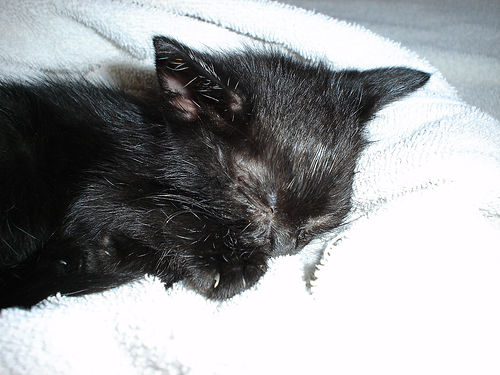so the first thing i noticed about court was how bored everyone is. after the google map treasure hunt to find the place, after the waiting for the metal detector, after the panicky scramble to figure out what floor the courtroom is on, after the elevator ride where you're trying to figure out who are the jurors, who are the secretaries, who are the families you arrive in the hushed, wood-paneled space where everyone knows what they're doing but you.
it took me forever to figure out that the woman with the big desk was the judge's secretary and even longer to figure out that if you're getting asked a bunch of there-is-no-way-to-answer-this-question questions you just look up at the judge and tell him "there is no way to answer that question" and he will make the lawyer ask you something that makes sense. and after a while you start to hope that the lawyers are smart, that the cross examination is thorough, that things get clearer and clearer for the jury as you go, but i've only seen that once before.
the jury are fun to talk to. they're attentive, particularly to the CSI-style background information you have to teach them in order to make your point-- gunshot residue, soot and stippling, time of death... they eat that stuff up.
the other thing it took a while to get used to was the absence of people who don't work there. i mean, there are all the jurors, there's the bailiff and the judge and the defendant and the prosecutor and the defence, a witness or two milling around in the hallway and, most of the time, no one else. well, almost no one. sometimes there are women; usually two. i think they're the mothers-- the mother of the defendant and the mother of the victim. (i'm a coroner-- or at least i used to be, more on that later-- so these are all murders...)
generally i'm called by the prosecution; usually so that they can put up pictures of the decedent (the dead person, the victim) and make the mom cry. usually, the cause of death is not at issue; there's a bullet hole in the guy, a bullet in the guy, a bunch of people who saw him get shot, a big pool of blood on the ground... most people can put that together. almost never are they trying to tell me that somehow i screwed up the autopsy, that they somehow know people's insides better than i do or what happens to them after they die better than me or how to tell how sick they were or how long they were going to live. these are never the questions.
when there are questions, real questions, things that really would make a difference, they tend to sit in the category of unknowable, like what was she thinking as she died? or why didn't she hit him back? or the more concrete issues such as when exactly did she die (because the science behind figuring that out is so imprecise that the only true answer is i can't narrow it down any more than i already did).
i always want to tell them that death is a mystery. i always want to tell them that i do natural deaths, too, and that when you open them up there are usually at least three (or four or five) things wrong with the body that in and of themselves could have killed the decedent and that i'll never really know which one pushed him over the edge. or that i've taken care of living people who are sicker than some of the dead people i've seen and i've dissected people who died naturally who were far less sick than the body in front of me. i always want to tell them that death is one of those things that if you look harder at it it makes less sense.
but i sit up straight in the witness chair, pull the microphone close so they can hear me, spell every medical word i say and slide the mystery back behind me. they don't need to know.
Subscribe to:
Post Comments (Atom)

No comments:
Post a Comment